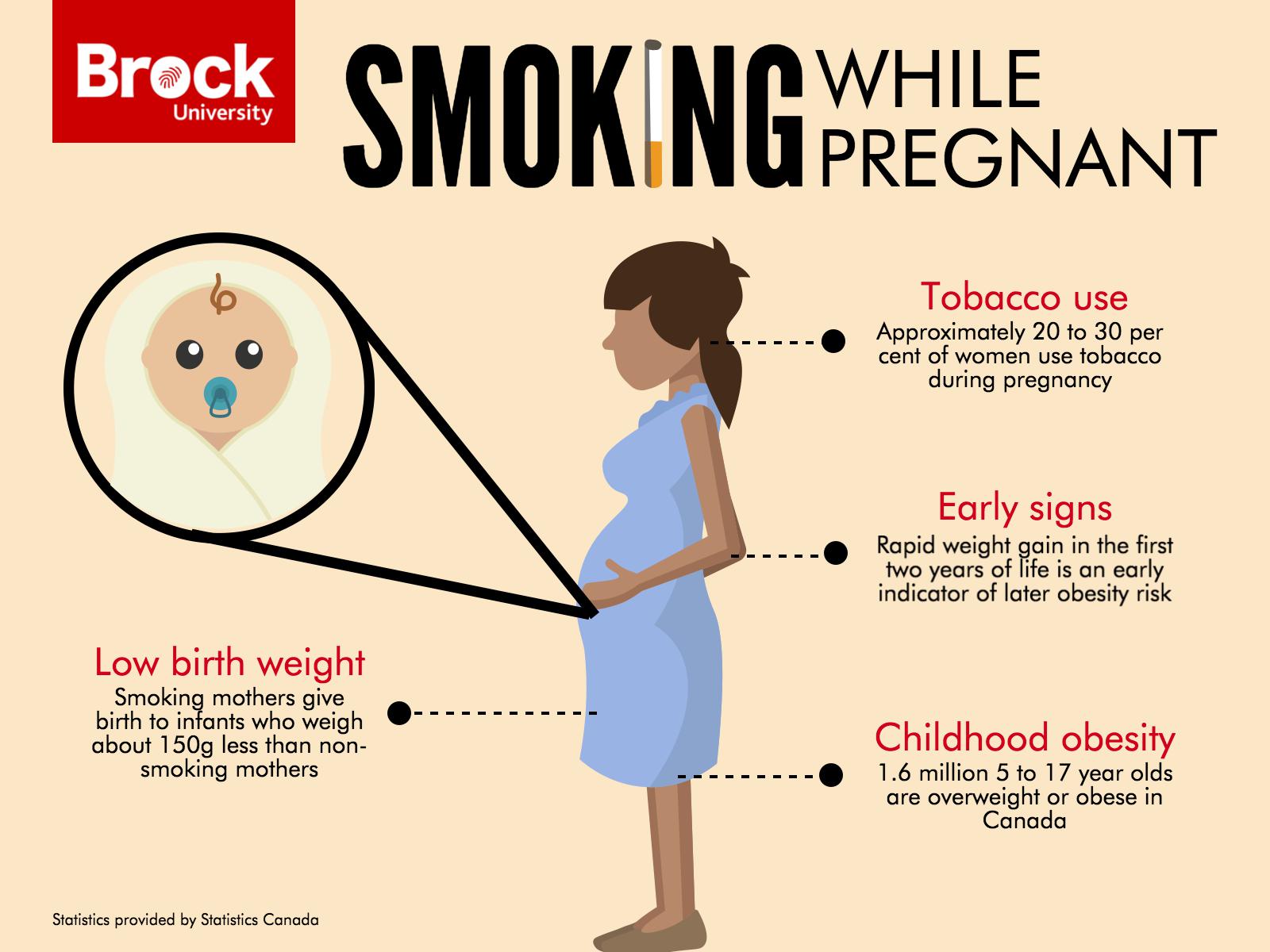
Effects of Smoking During Pregnancy
Smoking during pregnancy poses significant risks to both the mother and the developing fetus. Exposure to tobacco smoke can lead to a wide range of adverse outcomes, including preterm birth, low birth weight, birth defects, and long-term health problems for the child.
Effects on the Mother
- Increased risk of preterm birth: Smoking during pregnancy increases the risk of preterm birth, which is defined as delivery before 37 weeks of gestation. Preterm infants are at higher risk of health problems, such as respiratory distress syndrome, cerebral palsy, and developmental delays.
- Placental abruption: Smoking during pregnancy can lead to placental abruption, a condition in which the placenta separates from the uterine wall before delivery. This can cause severe bleeding and can be life-threatening for both the mother and the baby.
- Gestational diabetes: Smoking during pregnancy increases the risk of gestational diabetes, a type of diabetes that develops during pregnancy. Gestational diabetes can lead to complications such as preeclampsia, macrosomia (large birth weight), and increased risk of cesarean delivery.
- Preeclampsia: Smoking during pregnancy increases the risk of preeclampsia, a condition characterized by high blood pressure and protein in the urine. Preeclampsia can lead to serious complications for both the mother and the baby, including seizures, stroke, and kidney failure.
Effects on the Fetus
- Low birth weight: Smoking during pregnancy is a major cause of low birth weight, which is defined as a birth weight of less than 2,500 grams (5 pounds, 8 ounces). Low birth weight infants are at higher risk of health problems, such as respiratory distress syndrome, cerebral palsy, and developmental delays.
- Birth defects: Smoking during pregnancy increases the risk of certain birth defects, such as cleft lip and palate, heart defects, and neural tube defects (such as spina bifida).
- Sudden infant death syndrome (SIDS): Smoking during pregnancy increases the risk of SIDS, the leading cause of death in infants between 1 month and 1 year of age.
- Long-term health problems: Children exposed to tobacco smoke in utero are at increased risk of developing health problems later in life, such as asthma, respiratory infections, and cardiovascular disease.
Mechanisms of Action
Tobacco smoke contains over 7,000 chemicals, many of which are known carcinogens and toxins. These chemicals cross the placenta and reach the developing fetus, where they can cause damage to the fetal tissues and organs.
- Carbon monoxide: Carbon monoxide binds to hemoglobin in the blood, reducing the amount of oxygen available to the fetus. This can lead to fetal growth restriction and developmental delays.
- Nicotine: Nicotine is a vasoconstrictor, which means it narrows blood vessels. This can reduce blood flow to the placenta and the fetus, leading to fetal growth restriction and other complications.
- Tar: Tar is a sticky substance that can accumulate in the lungs and airways. It can cause inflammation and damage to the respiratory system, which can lead to respiratory problems in the fetus and the newborn.
- Other chemicals: Other chemicals in tobacco smoke, such as arsenic, lead, and cadmium, can also have harmful effects on the developing fetus.
Prevention and Cessation
Preventing smoking during pregnancy is the best way to protect both the mother and the baby from the harmful effects of tobacco smoke. Women who are planning to become pregnant or who are already pregnant should quit smoking immediately.
- Quitting smoking: Quitting smoking can be challenging, but it is essential for the health of the mother and the baby. There are many resources available to help women quit smoking, such as nicotine replacement therapy, counseling, and support groups.
- Secondhand smoke: Women who are pregnant should also avoid exposure to secondhand smoke, which is the smoke exhaled by smokers or emitted from cigarettes, cigars, or pipes. Secondhand smoke contains the same harmful chemicals as firsthand smoke and can cause similar health problems in pregnant women and their babies.
Conclusion
Smoking during pregnancy poses significant risks to both the mother and the developing fetus. Exposure to tobacco smoke can lead to a wide range of adverse outcomes, including preterm birth, low birth weight, birth defects, and long-term health problems for the child. Preventing smoking during pregnancy is the best way to protect both the mother and the baby from these harmful effects.